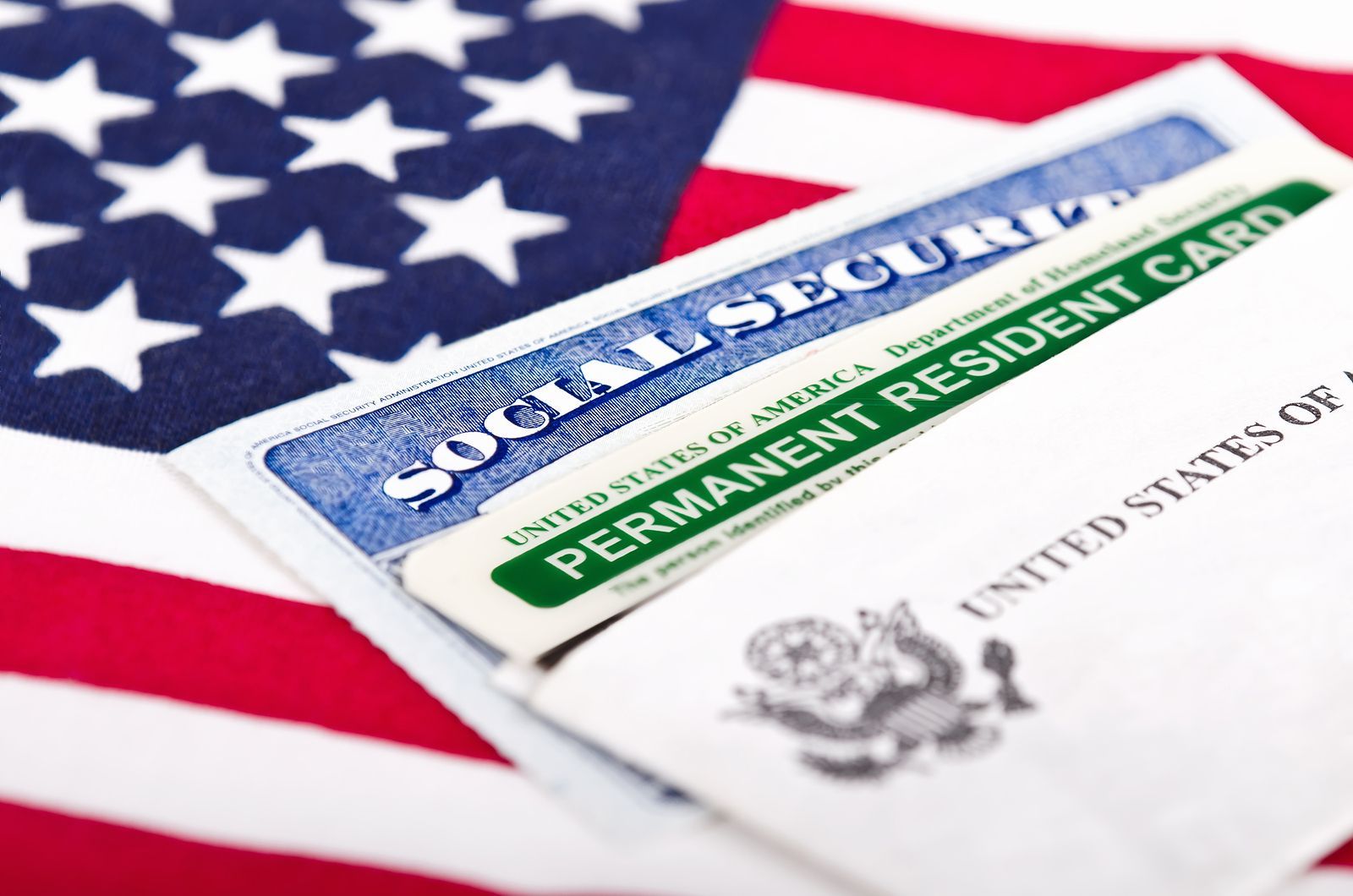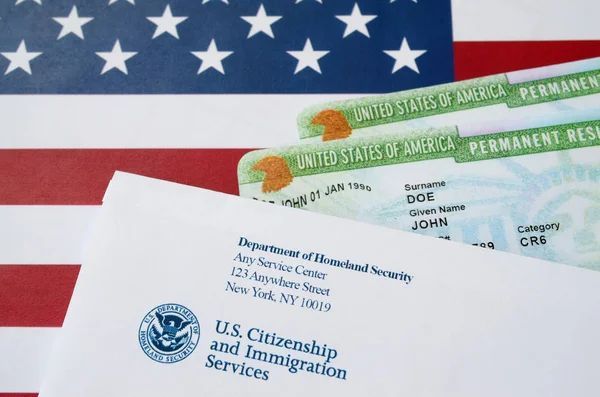🗣️ Fluent in English, Spanish & Portuguese 🌍
The Critical Role of Evidence in Your I-751 Petition: Ensuring a Smooth Transition to Permanent Residency
The journey from a conditional to a permanent green card is a significant milestone for immigrants who have obtained their residency through marriage. At the heart of this transition is the Form I-751, Petition to Remove Conditions on Residence. The success of this petition heavily relies on the evidence presented to demonstrate the authenticity of the marriage.
Understanding the Importance of Evidence
The evidence you submit with your I-751 petition is crucial in convincing the U.S. Citizenship and Immigration Services (USCIS) of the genuine nature of your marriage. This evidence should cover various aspects of your life together, illustrating a shared existence and commitment.
Types of Evidence to Include
• Financial Documents: Joint bank account statements, co-owned property deeds, and shared insurance policies show financial cohabitation and mutual support.
• Residential Evidence: Lease agreements or mortgage documents with both names reinforce that you live together as a couple.
• Family and Social Documents: Birth certificates of children, family photographs, and affidavits from friends and family can provide personal insights into your relationship.
• Communication and Travel Records: Airline tickets, holiday photos, and even joint memberships can demonstrate shared experiences and a life built together.
Navigating Challenges and Complexities
The process can become more complicated in cases of divorce, death of a spouse, or instances of abuse. In such situations, the conditional resident may file the I-751 petition individually, but must provide compelling evidence and explanations for the circumstances.
The Value of Professional Guidance
Given the complexities and potential pitfalls of the I-751 process, the assistance of an immigration attorney can be invaluable. A legal professional can help you identify and compile the most persuasive evidence, tailor your petition to your unique circumstances, and navigate any challenges that arise, such as Requests for Evidence (RFE) from USCIS.
In conclusion, the evidence accompanying your I-751 petition is more than just paperwork; it's the story of your marriage and life together. By carefully selecting and presenting this evidence, you can enhance your chances of a smooth transition to permanent residency in the U.S.
If you or someone you know intends to file a Form I-751, call Quattrochi, Torres and Taormina at 407-452-4918 and schedule a consultation. Consultations can also be scheduled and coordinated through our website at: https://www.priorityimmigration.law/

By Juan Torrico
•
January 16, 2025
Discover the latest updates on Temporary Protected Status (TPS) as new countries are added to the list, providing crucial support for individuals facing crises. Learn about eligibility, application processes, and the benefits of TPS to secure your future in the U.S.
CONTACT US
950 S. Winter Park Dr., Suite 207
Casselberry, FL 32707
PRACTICE AREAS










